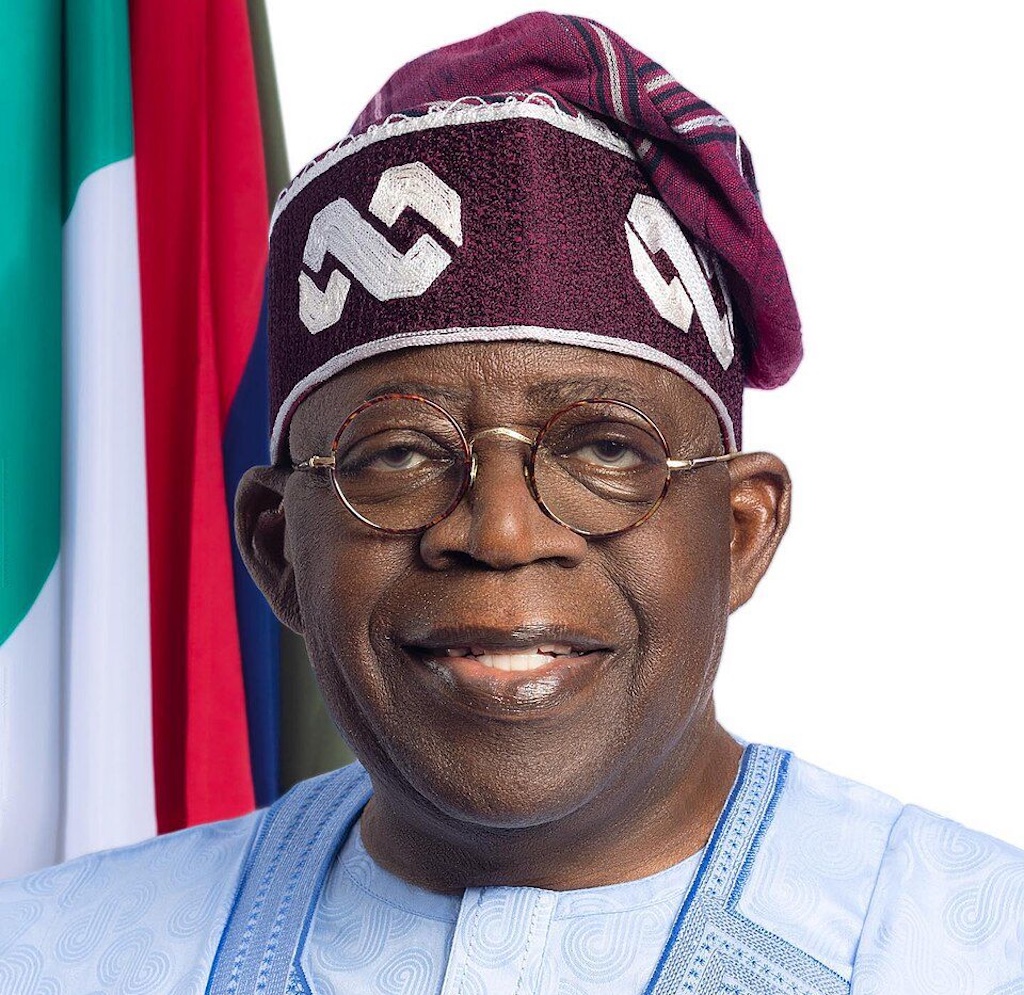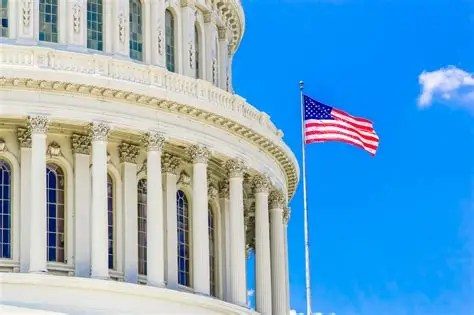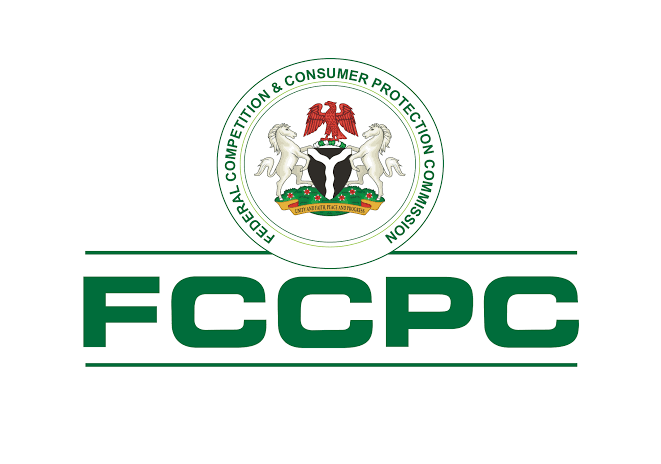Olanrewaju Fatunmbi
All eyes are now on the ruling All Progressives Congress (APC) in Ogun State anxious to see how the party leadership will navigate the complex issue of Governor Dapo Abiodun’s successor. So much engagements have been going on at various levels, seeking the support of relevant stakeholders for the aspiration of Ogun West to produce the next governor. I do not want to bore my readers with the argument for or against the sustained agitation. Every person of conscience knows that bias and prejudice that had been exhibited by successive leaders against the Yewa/Awori people to perpetually exclude the most critical section of the state from the power-sharing arrangement for 49 years are not only unfounded but also against the principles of justice, fearless and equity. The exclusion is an unjust abnormality that must be corrected in the coming dispensation for mutual trust, peace and stability. Such deliberate marginalization can no longer be sustained, as it has become imperative for all major components to give a sense of belonging, inclusiveness and participation in governance at the highest level. The current power sharing arrangement denying the state’s economic life-wire the opportunity to lead undermines unity and inclusiveness which are the core planks of the “Building Our Future Together” mantra of the Abiodun administration.
It needs not restating that Ogun West is strategically vital to the economy of Ogun State, serving as the Gateway to Nigeria from the Republic of Benin and hosting a significant portion of the state’s industrial base. Its contributions to the state’s Internally Generated Revenue (IGR) are substantial. Yet, despite its enormous contributions, the district has not received commensurate political representation or developmental benefits.
Therefore, the time has come for a change of the sad narrative. Thankfully, some significant milestones have been achieved in securing the understanding of key stakeholders in the two other senatorial districts, leading to increased support for the age-long aspiration of Ogun West to produce the next governor after the expiration of the tenure of Governor Abiodun in 2027.
However, to sustain and consolidate the good work of the administration, there is a need for consensus-building around a candidate who has the capacity, requisite experience of good governance, political clout and grassroots support to lead the party to victory. It is worth noting that Ogun West already has an array of contenders aspiring for the highest office. This attests to the abundance of qualified, competent, and experienced individuals capable of governing the state effectively.
At the same time, we cannot afford to go into the contest with a divided force. While appreciating the inalienable right of all aspirants to contest, we must approach the issue with caution and utmost seriousness it deserves so that the opportunity to fulfill our age-long aspiration will not slip our hands.
Having realised past failures due to internal disunity, there is now a strong reason the stakeholders in Ogun West should be more united and strategically organized than ever before. Leaders should intensify an appeal for a collective action towards a consensus candidate and broader alliances to make our aspiration a reality.
The prolonged marginalization of the Yewa/Awori people has been largely blamed on the inability of aspirants from Ogun West to present a united front or a single, formidable consensus candidate in the previous attempts. Often times, multiple strong candidates from the district emerge from different parties or even factions within the same party, splitting the votes that would otherwise consolidate behind a single candidate. This fragmentation makes them vulnerable to contenders from other zones who can garner broader cross-district support.
For the avoidance of a repeat of past experience, the stakeholders need to harp more now on consensus building as we push ahead our appeal for the support and cooperation of other districts. In our search for a rancour-free selection process, consensus building is the necessary path to achieve our goal of producing the next governor. As we learnt from our immediate past experience, for the highly competitive position of governorship, primary elections (whether direct or indirect) frequently lead to intense internal conflicts, litigations, defections, and even violence. Consensus building, though sometimes criticized for its less democratic appearance, aims to mitigate these negative outcomes.
Consensus arrangement
prevents internal disunity and factionalism, reduces acrimony and ensures party cohesion. When aspirants agree to a consensus candidate, it theoretically means they have bought into the decision. This significantly reduces the bitterness, backbiting, and overt hostility that often follow a hotly contested primary where a winner emerges by a narrow margin or through controversial means.
Consensus selection can also significantly reduce financial burdens on both the party and the aspirants, allowing resources to be conserved for the general election campaign.
A united front after primaries is critical for the governorship election because it helps to prevent aggrieved aspirants from defecting to other parties or actively working against the party’s flag bearer, which can severely jeopardize the party’s chances of winning.
Consensus building is a necessary strategy for political parties aiming to navigate the treacherous waters of primary elections without imploding from internal strife. To achieve the aim of the current agitation for a shift in power-sharing arrangements within our party, key stakeholders, including the governor, party elders, influential figures), must begin now to work on building consensus around
a candidate to ensure that everyone feels represented and that their interests are protected, even if it means sacrificing internal competitive democracy.
This must be done without violating the electoral guidelines. To be sure, the Electoral Act specifies that for a consensus candidate to emerge, all other cleared aspirants must voluntarily withdraw in writing and endorse the chosen candidate. Without this, the party must revert to direct or indirect primaries.
Now, the question is: Who does the cap fit? Among the array of aspirants in Ogun West who have indicated their interests to vie for the governorship, Senator Olamilekan Solomon Adeola (aka Yayi) stands shoulder high above his peers in terms of capacity, experience, popularity, tenancity of purpose, political clout and grassroots connection. His name resonates among all strata of the populace and across the entire state. His philanthropy and record of good representation transcends his immediate constituent. His philanthropic gestures and welfare programmes (e.g., scholarship schemes, free health programs, empowerment initiatives) have endeared him to many across the state, earning him a reputation for generosity and concern for the welfare of the people. While some view these as political strategies, his supporters see them as genuine care.
The Akarigbo of Remo land, Oba Babatunde Adewale Ajayi, recently attested to this, while appealing for the extension of the same generosity and good representation Ogun West enjoys to Remo land.
His words: “Senator Yayi, I appreciate you. I know your worth and I recognize all you are doing for your people. I can personally vouch for your commitment. As you are delivering for Ogun West, I kindly appeal to you to carry Remoland along. I trust you will and I pray that God will grant all that you need to make it happen.”
There is a plethora of reasons people are clamouring for Adeola to be the next governor of Ogun State. One of these is his strong record of performance and grassroots connection. Yayi has a long and consistent political career spanning over two decades, having served in the Lagos State House of Assembly, the Federal House of Representatives (Lagos), the Senate (Lagos West) and currently Ogun West. Across these various legislative roles, he is credited with delivering numerous impactful constituency projects and interventions. These include roads, schools, hospitals, ICT hubs, skill acquisition programs, transformers, classroom blocks, solar lights, and various youth and women empowerment initiatives. This tangible delivery of dividends of democracy has resonated deeply with the populace.
Secondly, he is known for his grassroots connection and approachability, interacting directly with various segments of society, from civil populace to artisans, market men and women, and party faithful.
As a Chartered Accountant (Fellow of ICAN) with a strong background in finance, he is seen as having the economic proficiency necessary to manage state coffers effectively. His experience as Chairman of the House of Representatives Committee on Public Accounts and currently the Senate Committee Chairman on Appropriations, a powerful committee, demonstrates his fiscal expertise and understanding of national finances. He was instrumental in strengthening the Lagos State Internal Revenue Service, which significantly boosted its revenue.
More importantly is his proximity to President Bola Ahmed Tinubu and Political Clout. Senator Adeola is considered a “political godson” of President Bola Ahmed Tinubu. This close relationship is perceived as a significant advantage, as it suggests he would have strong Federal backing and influence, which could benefit Ogun State.
To leverage these unique qualities, stakeholders in Ogun West must sustain the ongoing consultations with their counterparts in Ogun East and Ogun Central to achieve our desire to clinch the APC ticket and drive it to victory. Winning a governorship election requires widespread support across all three senatorial districts. While Ogun West has the opportunity to present a strong candidate as Senator Adeola, the Yewa/Awori people have to strive to build sufficiently strong alliances and mobilize enough votes from Ogun Central and Ogun East to overcome the numerical advantage of candidates from those zones. For this current struggle for a shift in the power-sharing arrangement, all the dynamics are in favour of Ogun West and Adeola as a candidate. He is the most favoured contender, the one the cap fits. However, Ogun West cannot do it alone. There must be a strong collaboration with the other districts, because they are larger in terms of voter population and often have more established political structures that can effectively deliver votes.
*Fatunmbi writes from Okeagbede, in Imeko-Afon LGA of Ogun state



